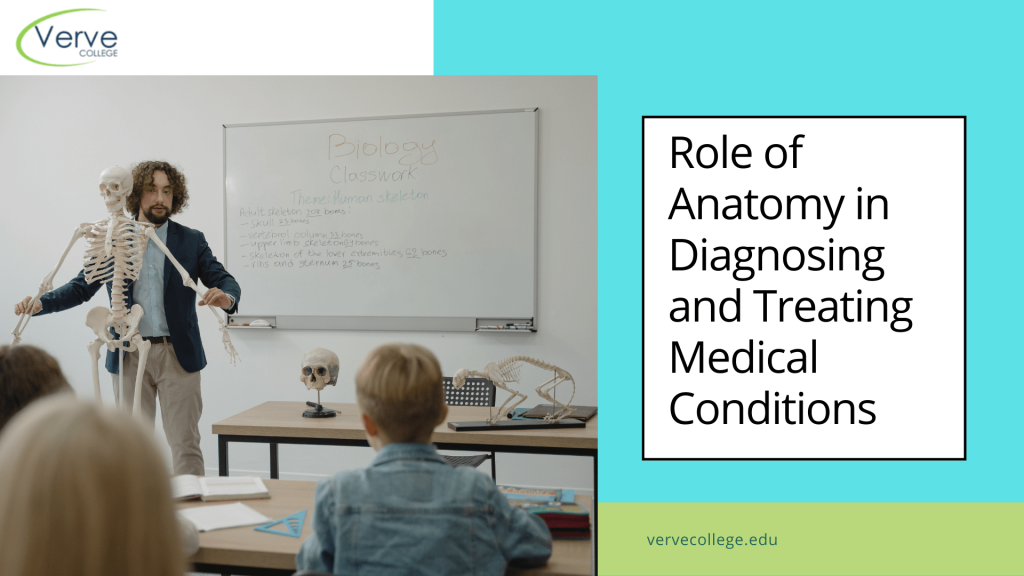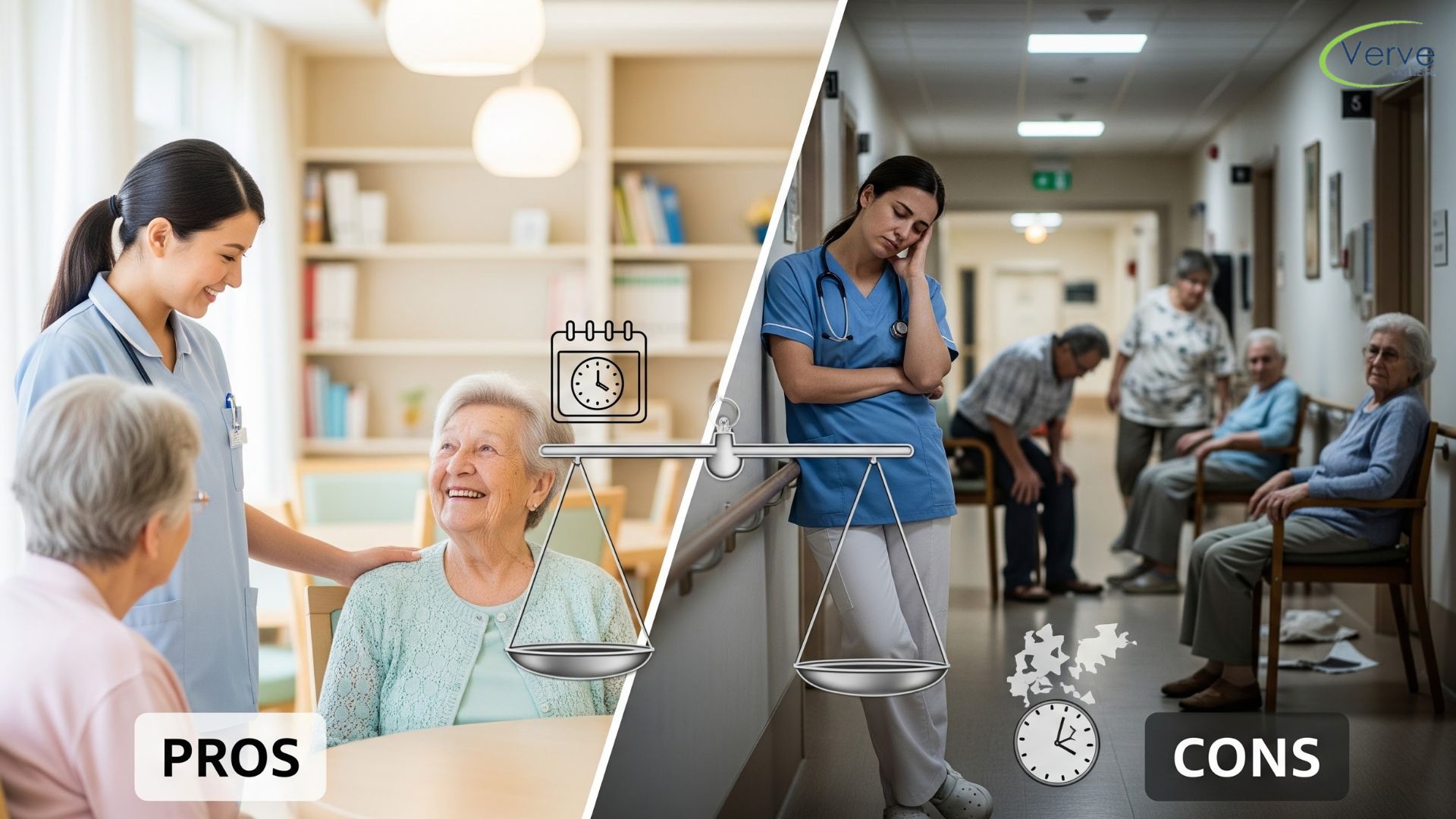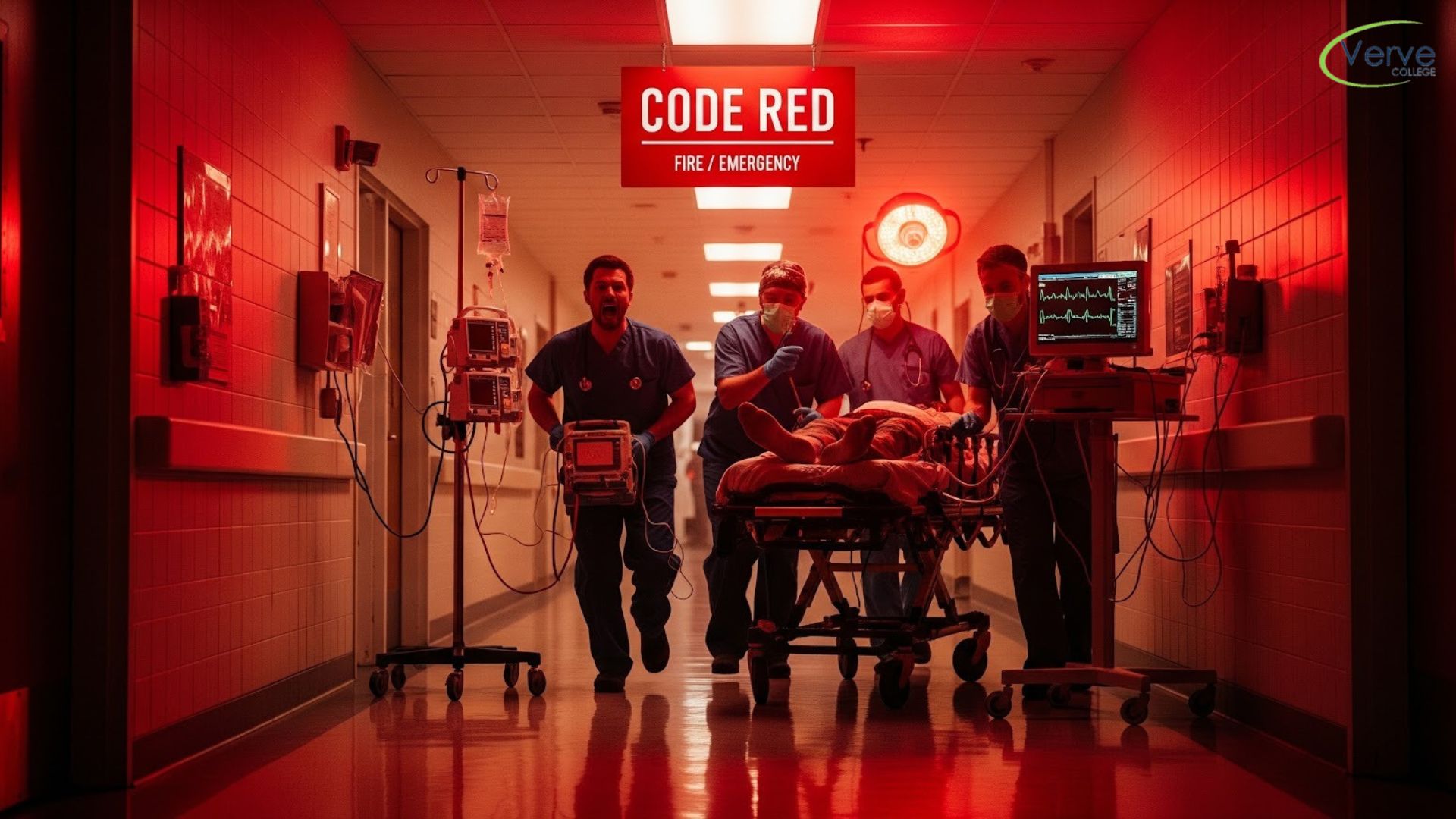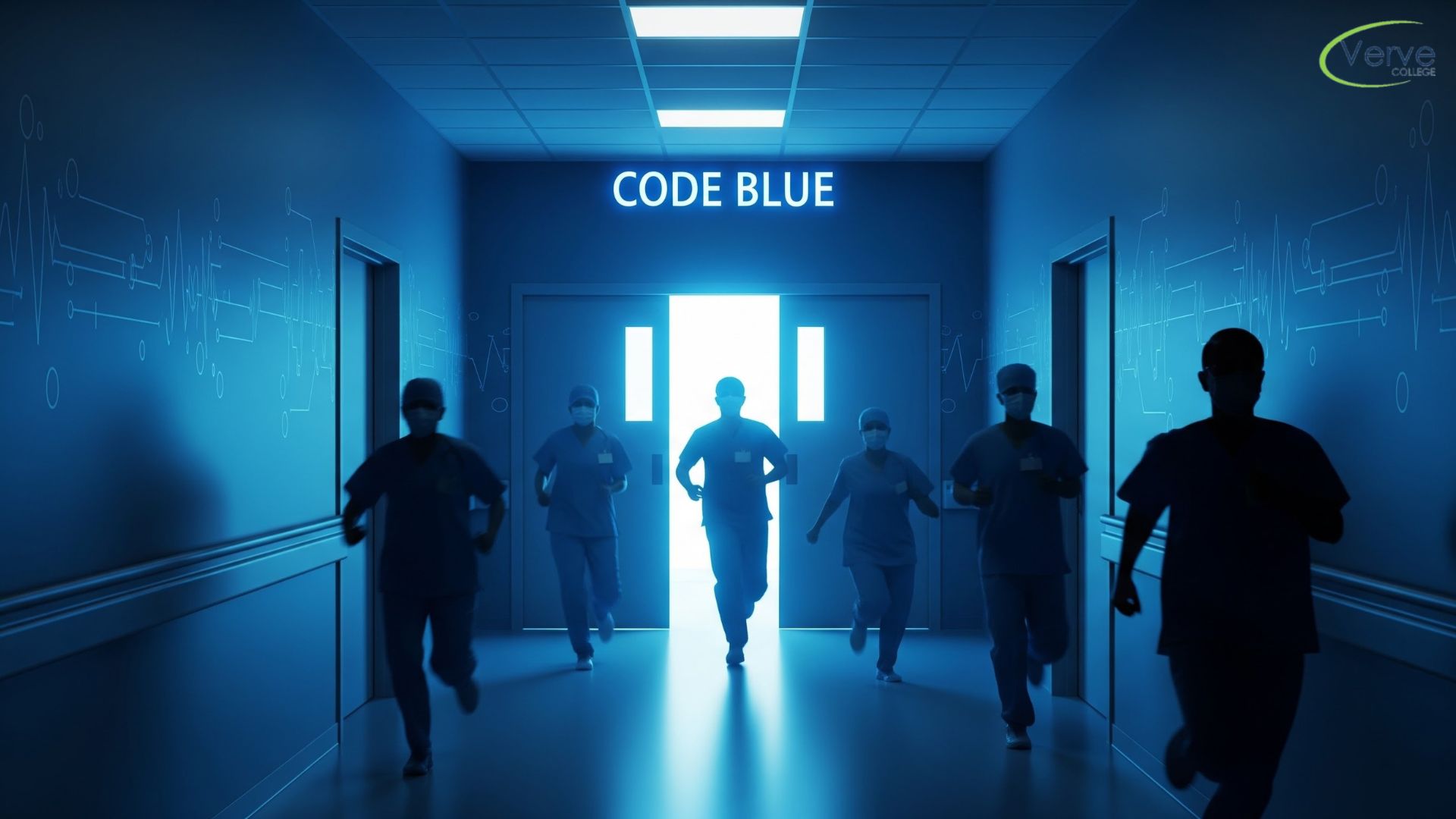- Oak Brook:(630) 705-9999
- Chicago:(312) 920-8822
- Email:inquiry@vervecollege.edu
- Make a Payment
- Home
- Programs
- Admission
- Resources
- ATI Entrance Exam Resources
- New E-Digital Library
- Refer a Friend
- School Newsletter
- Events
- Employers
- Job-Network
- Alpha Beta Kappa Candidates
- Verve College Library
- Graduation and Pinning Ceremony Photo Galleries
- Textbook Information
- Career Services
- Tutoring
- School Catalog
- FAQ
- Constitution Day Program
- Alumni
- Verve College Plans
- Financial Aid
- HEERF Reporting
- Satisfactory Academic Progress
- Apply For Financial Aid
- Net Price Calculator
- Return of Title IV Funds (R2T4)
- Financial Aid Office Code of Conduct
- Contact
- FAQs
- Verification Policy
- Vaccination Policy
- Student Right-to-Know Act
- Misrepresentation
- Information Security Program
- Academic Award Year
- Availability of Employee
- Cost of Attendance
- Health & Safety Exemption Requirement
- Students Rights and Responsibilities
- Leave of Absence
- Pell Formula
- Military Students
- Grants/ Scholarship Policy
- Contact Us
- Testimonials
- Blog
Is a Nursing Career Right For You?
Take The Free Quiz
Role of Anatomy in Diagnosing and Treating Medical Conditions
Role of Anatomy in Diagnosing and Treating Medical Conditions
Are nurses required to be familiar with anatomy? This question is often asked by nursing students who struggle in their anatomy and physiology classes during nursing programs.
Although you don’t need to have a triple Ph.D. in anatomy & physiology to be a nurse, it is important to understand the basic structure in the study guide.
Amazingly, the human body is well-designed. Many major organs of the body have an enormous amount of extra capacity. They can function well even if they are damaged.
Reasons You Will Need Anatomy Knowledge to be a Nurse
Nurses Can Use Anatomy Knowledge To Help Them With Nursing Assessments
A head-to-toe or other nursing assessment will require a solid understanding of major regions of anatomy. You will need to be able to identify with critical thinking questions the valves that you are assessing when you listen to your heart.
If the patient complains of abdominal pain in the right lower quadrant, you can tell if it is the appendix.
Anatomy Knowledge Helps Nurses Perform Nursing Skills
Anatomy and physiology classes help healthcare practitioners with body part names and where they are located. You will need to be able to draw blood and start an IV. You should also ensure that the foley catheter is inserted into the urethra, not the vaginal opening for female patients.
Ultrasonography uses sound waves to produce images of internal structures; magnetic resonance imaging is used to move atoms within a magnetic field. These methods are noninvasive and can be used to view the body without the need for surgery.
Nurses Can Use Anatomy Knowledge To Understand How Diseases Affect The Body
Anatomy is often affected by the disease. Infarction is when the blood supply to tissue becomes cut off or blocked. This can lead to tissue death (also known as a heart attack, myocardial infarction, or stroke). A malfunctioning heart valve could lead to heart failure. Trauma to the skin can cause damage to its ability to function as a barrier and lead to infection. Normal tissue can be directly destroyed or pressure created by abnormal growths like cancer.
If your patient is suffering from renal failure, you might be able to think back to the anatomy and function of the kidneys. It is easy to see that the kidneys aren’t working correctly. You can also add a bit of physiology to help you understand why your patient is experiencing fluid overload.
Related:-Differences Between Prokaryotic and Eukaryotic Cells Taught in A&P Class
Understanding Anatomy Helps Nurses Understand The Treatment Options For Your Patient
It is important to look for the best anatomy and physiology course near me if you aspire to be a dutiful nurse. Imagine a patient receiving intravenous diuretics. As a nurse, you will need to be aware of the anatomical structures and organs that these drugs may affect. This is how diuretics affect the kidneys.
Methods of looking into the body are a key component in diagnosing and treating disease. X-rays were the first to allow doctors to view the body and inspect internal structures without having surgery. A CT scan provides detailed cross-sectional (two-dimensional) images of the interior.
Want to Make a Career in Nursing? Get More Information About Our Courses!
Documentation: Nurses Can Benefit From Anatomy Knowledge
It is best to use the correct anatomical terms when a nurse documents a patient. If a patient has a pressure injury to their backside, you can write, “Patient has pressure injuries on their hip bone,”
Conclusion
Many nursing students fear the intense class of anatomy. After struggling with anatomy and physiology class, many nursing students feel discouraged and even drop out of the a&p class. Verve college offers the best programs to ace anatomy and physiology so that students can pave the way for their life as dutiful nurses and healthcare professionals.
 Sign up
Sign up Login
Login




